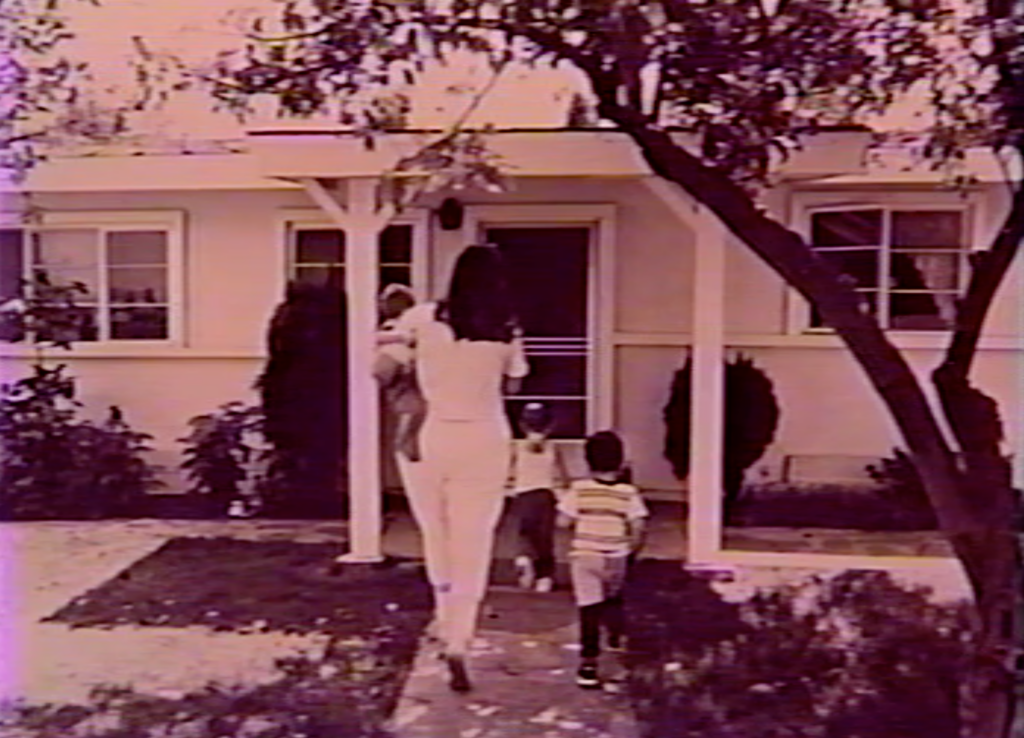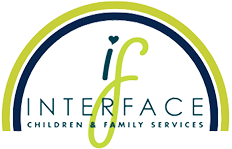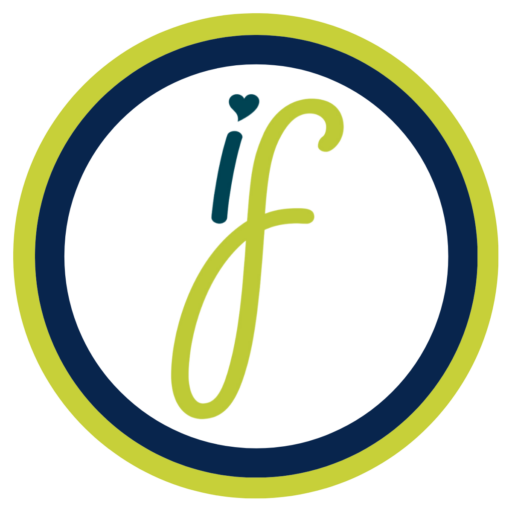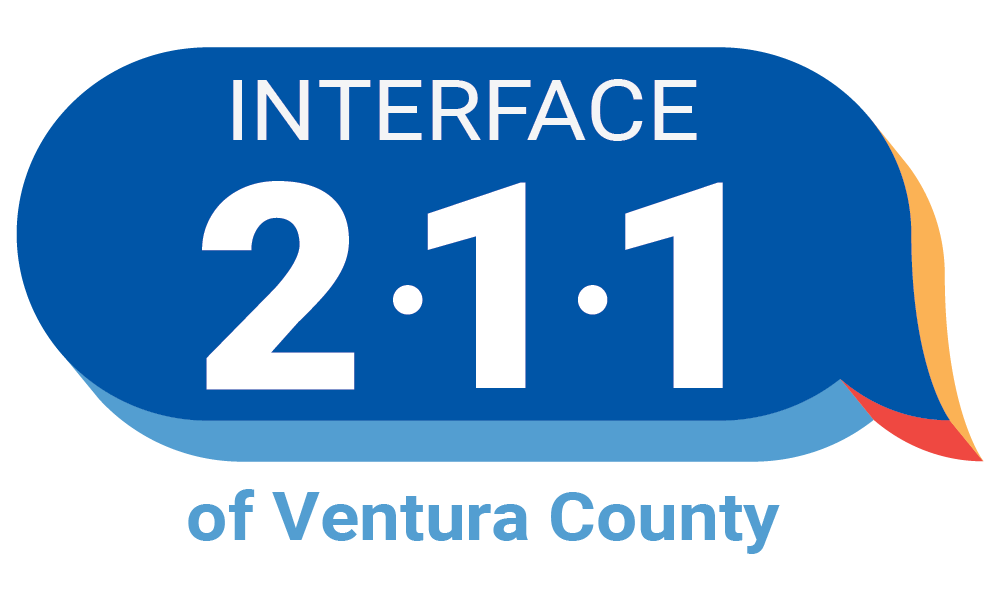
I want to tell you a story of one of our clients, Maria*, who found a family through Interface, even as her life and family felt like they collapsed around her. This is more than a story of a heroic woman leaving domestic violence; it is a story of finding stability and connection, new life, and freedom.
When Maria first entered our shelter, there was a lot going on in her life. Aside from the trauma of being in an abusive relationship, she was dealing with the challenges of managing a child with special needs while trying to find a more stable housing situation. She said, “Before I came here, I was already working with CPS, with Behavioral Health, with probation, with a lawyer, and with the school district to try to figure things out for my son. Our caseworkers from these agencies would meet to discuss the situation, so I asked my Interface caseworker to join those meetings to see what we talked about so she would know all those resources. I thought maybe there is something you have that they don’t have or vice versa.”
Her Interface caseworker helped her get a temporary restraining order and then assisted her with going back to court to get a permanent one for 5 years. Maria received help filling out the paperwork, and her caseworker attended court with her. “It was really good not to be by myself. I was kind of afraid to see him […], but he didn’t show up. But just the fear. Her being there, I felt so much more comfortable, and I could talk to her. I had never done this before, and she was able to tell me what all the steps were and where to go and what to do. Throughout the whole process, she knew just what to do. When I was nervous and started to freak out, she calmed me down and kept me doing the next thing.”
The Interface shelter staff helped Maria connect to other resources and helped her set concrete goals, like writing a résumé and building a morning routine to drop her child at school on time. “We worked together on setting goals. They would ask me a question and then when they heard my answer they would follow with ‘Where do you need help?’ I might say I don’t know where to start and they would guide me in the right direction. Sometimes when you have a goal you don’t know where to start. We weren’t looking 5 years from now – they were short term goals. You have to take it day by day.”
Our team also helped Maria with more practical matters, like providing rides to doctor appointments and helping her when her car broke down and needed repairs. Maria said her Interface caseworkers helped her with personal needs like toothpaste, feminine hygiene, and food.
Maria was also connected to counseling through Interface’s Mental Health & Trauma Treatment program. Although she was a little hesitant and embarrassed at first when participating in counseling, with the therapist’s help, she soon felt more at ease. “They helped me see this is part of healing. Everybody heals differently. We talked about the cycle of domestic violence, and they gave me a book to read and then we would talk about that. [My therapist] doesn’t make it uncomfortable. She didn’t make me feel like ‘Oh you have to read this.’ It was like a conversation. She explained it in a gentle way and not a way that would make you feel uncomfortable or out of place or talked down to or triggered or brought back to the memory.”
The most important thing for Maria was the help and support she received from the shelter staff and from the other women in the shelter. They made her and her son feel at home and safe. “With the other ladies that come in, you talk with them, and you have all experienced that trauma. Each case is different, but you all have that trauma, so you talk and while you are [in the shelter], you become like family. It is like a family setting. We cook together. I really like that. They make it feel like a home and that makes me feel safe. They have a kids’ area. My son feels at home here, comfortable. And that is not easy for him.”
October is Domestic Violence Awareness Month. We recognize this month annually as awareness is the foundation for the prevention that we strive to achieve. Often, we share stories that remind us of how dark domestic violence can be. We talk about how it instills fear, breaks families, and sometimes takes lives. Another part of raising awareness, though, is telling stories of self-efficacy. Self-efficacy is the psychological term for our perception that we can accomplish something and know how to do it, like leaving a relationship or calling for help. Maria’s story shows that leaving is possible, that recovery is possible, and that help is available. Stories like hers enhance self-efficacy for survivors and model the steps necessary to make a change. In most public health research, self-efficacy is the single strongest predictor of behavioral change. Let’s raise awareness that a person in an abusive relationship can make a call and start a new story. What number do they call? They can start with the Interface hotline (1-800-636-6738); they can also call 2-1-1, or the National Domestic Violence Hotline at 1-800-799-SAFE (7233).
Maria’s story is now one of support, healing, and family. For the rest of her life, she will tell others that things got better. She will raise awareness for others that they can leave and recover. She will tell people that there are services like ours, people like ours who become like a family who see her and love her exactly as she is.
*Name and some details changed to protect anonymity.
In gratitude,

Erik Sternad
Executive Director
Visit us online at www.icfs.org to learn more about our programs and services and follow us on Instagram at @InterfaceWhatIf for updates on services, programs, and events.
DID Y OU KNOW? In response to the growing need to support victims of domestic violence with shelter, case management, and counseling, Interface opened the county’s first battered women’s shelter in 1976. Women in crisis could call the hotline where counselors would assist in getting them to a secure location and provide support for basic needs. Today, these efforts continue with Interface operating six (6) confidential shelters across the Domestic Violence, Youth Crisis, and Human Trafficking programs.
OU KNOW? In response to the growing need to support victims of domestic violence with shelter, case management, and counseling, Interface opened the county’s first battered women’s shelter in 1976. Women in crisis could call the hotline where counselors would assist in getting them to a secure location and provide support for basic needs. Today, these efforts continue with Interface operating six (6) confidential shelters across the Domestic Violence, Youth Crisis, and Human Trafficking programs.



